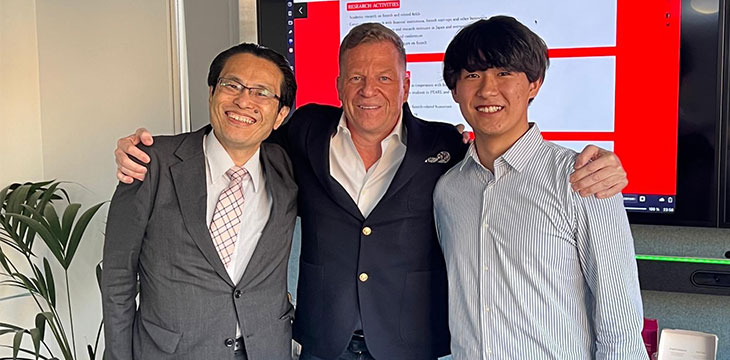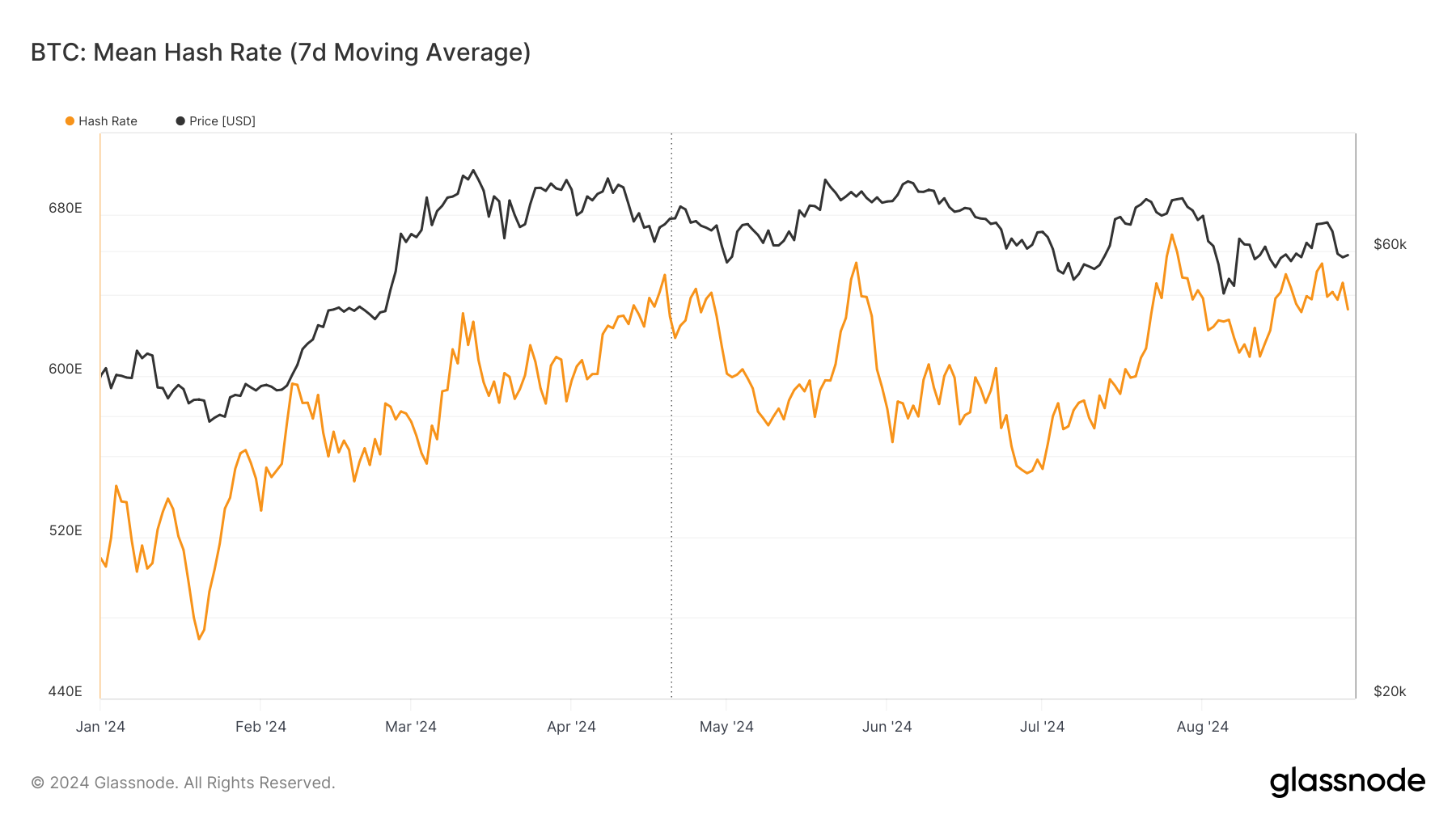nChain and its CEO, Christen Ager-Hanssen, plan “to go all in on the Japanese market,” showing off the benefits of BSV’s scalable blockchain technology to local businesses. The company is starting in academia, having recently formed a strategic collaboration deal with top-level Keio University’s FinTEK center in Tokyo.
FinTEK—officially the Centre for Finance, Technology and Economics at Keio’s Institute for Economic Studies (Faculty of Economics)—is part of the Graduate School and a leading research institution. The arrangement will see nChain support FinTEK’s research activities through knowledge-sharing, prototyping, guest lectures, and exploring new use cases for Web3, such as data ownership and micro/nano-transactions. It will also look at how integrating IPv6 features can lead to more useful applications.
We’re thrilled to announce a strategic collaboration with FinTEK (Keio University). The collaboration will promote the adoption of blockchain technology on a global scale, driving innovation and inclusion in the world economy.
For the full press release:https://t.co/iTcIkt01FO— nChain (@nChainGlobal) March 14, 2023
Speaking to CoinGeek, Ager-Hanssen said he “absolutely” will visit Japan soon and plans to recruit there. nChain’s next effort will be to leverage FinTEK’s reputation as a startup factory in the financial technology space and open a new Block Dojo location.
He said nChain and FinTEK “share the same vision and goals for the future,” and the partnership assists his “mission to establish the company as a global social impact enterprise.” There’s so much potential in the Japanese market. Although the level of technological and business talent is high, and the national GDP is over US$4.9 trillion, the country’s position as an economic superpower has recently slipped due to slow growth and the emergence of other challengers.
“I think the Japanese market is a very underestimated market,” Ager-Hanssen said. “It’s a very important, very mature, very advanced market. I really want to tap into the best priority university and academic institution. Fact is, Keio shares the same vision—they want to do social impact, but they’re also a big startup factory introducing new types of companies. I want them to be educated at an early stage on our technology, to see what they can do to change the world.”
FINTEK, Keio University in Japan and @nChainGlobal have established a strategic collaboration for global social impact and financial inclusion. I’m super excited about this partnership. Prof. Teruo Nakatsuma, Dean of the Keio University Graduate School of Economics pic.twitter.com/ScTy9GtLKB
— Christen Ager-Hanssen (@agerhanssen) March 14, 2023
Academic alumni networks are important in Japan, often influencing business decisions throughout their members’ careers. Relationships formed and ideas gained at the university/graduate level are key factors in bringing new ideas into the real world.
Ager-Hanssen was approached by Bitcoin Association Ambassador to Japan Masumi Hamahira, a Keio University alumnus with contacts at FinTEK. Once the group got talking, the deal was arranged within a day.
“I introduced nChain to FinTEK (Keio University) as I feel that collaboration with nChain and FinTEK will bring the fantastic chemistry for innovation in Web3 and blockchain from a Keio University alumni perspective,” Hamahira said.
“I am pleased to be involved in the further actions on publishment of project papers by nChain and FinTEK, and workshops on IPv6 and the BSV blockchain under this collaboration, etc. The coming chemistry between nChain and FinTEK will be a great impact to blockchain innovation in Japan.”
Transforming Japan’s digital economy with a scalable blockchain
Japan was one of the countries whose mainstream media first noticed Bitcoin back in the early 2010s, an interest likely prompted by its large asset-trading market and Satoshi Nakamoto‘s choice of a Japanese pseudonym. Despite this, however, BSV itself is not so well-known in Japan, and the BSV asset only trades on one local exchange (Huobi Japan). Although there is a local BSV enthusiast group in Tokyo and a handful of BSV developers, Japan hasn’t exactly been a hotbed of activity…yet.
That’s where Ager-Hanssen sees the opportunity—not necessarily in the asset-trading and speculation the blockchain industry is, unfortunately, best known for, but in developing data-centric businesses based around IoT and applications that move the economy from Web2 to Web3. nChain can definitely help with this.
“If they’re going to this at scale with IoT, things like that, they need to go through our technology. That’s what I said to Keio University as well. If you want to be relevant into the future, why try all these other blockchains when you have the solution right in front of you?” He asked.
It’s always a team effort, he said. nChain has an amazing R&D team, and there’s impressive R&D at Keio. “We can turn this into something exciting.”
There are “so many smart people in Japan,” he added. “We can open doors for them in new markets. We want to help them do that…these companies are so advanced, but they need also our help. And together, we are so much stronger.”
Watch: The Future World with Blockchain
width=”560″ height=”315″ frameborder=”0″ allowfullscreen=”allowfullscreen”>
New to Bitcoin? Check out CoinGeek’s Bitcoin for Beginners section, the ultimate resource guide to learn more about Bitcoin—as originally envisioned by Satoshi Nakamoto—and blockchain.



